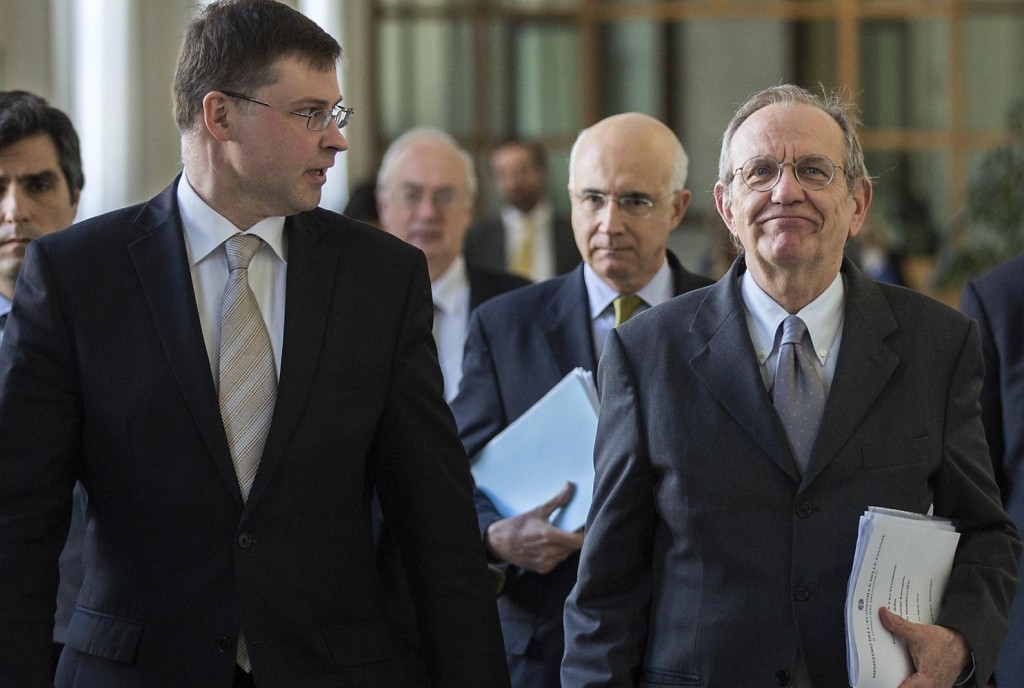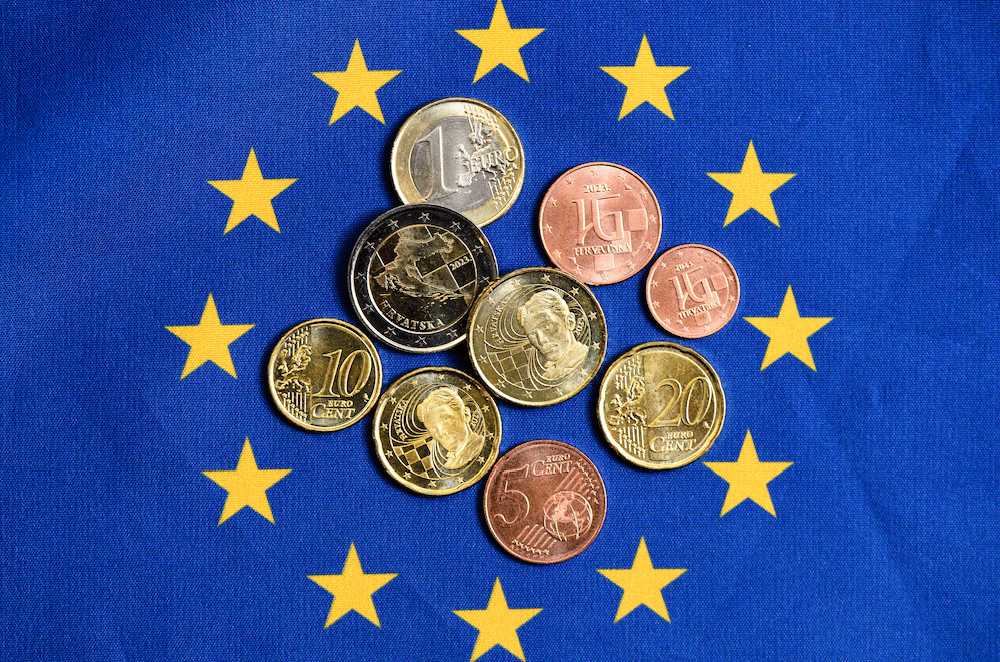Rome – “There is no confrontation with the European Commission” over Italy’s latest budget bill, but an “ongoing dialogue” that in the next few days will focus “on the definition of the potential output and output gap” – parameters that affect the assessment of public finances and which Italy has repeatedly insisted on reviewing. Italy’s finance minister Pier Carlo Padoan thus spoke in a hearing before the government’s budget committee over the latest budget bill (Documento di economia e finanza, DEF). The minister noted that it is not just in the interest of the government to avoid “conflicts that would do no good to anyone, not even to the Commission, given the current difficulties that Europe is facing”.
A serene statement, but one that sounds, if not like a veiled threat, like a way for the government to raise its voice without exacerbating the tones of the debate. So much so that the minister has confirmed his intention, in view of the migrant crisis and earthquake-related costs, to appeal to the ‘flexibility clause’ contained in the Stability and Growth Pact (SGP), which allows governments facing exceptional circumstances to exclude certain expenses when determining the budget deficit. Expenses that may extend beyond the actual emergency, given that “beyond the necessary reconstruction of the affected areas”, the minister stated, it is “crucial to implement anti-seismic programs to ensure the safety of the country’s citizens, territory, houses, arts and culture”.
As for the criticisms that rained down on the budget bill from the budget committee and the Bank of Italy, Padoan noted that while the Bank of Italy considers the expected growth rate of 1% for 2017 to bee too “optimistic”, “we consider this objective to be ambitious as well, because we have a duty to be”. The one percentage point increase in GDP for next year “is not a bet, it is an estimate of the effect of the maneuver”.
The budget bill foresees no increase in VAT and includes “additional measures to support growth”, including “incentives for investment, innovation research and development, support to small and medium-sized companies, increased public investments, and support measures for households and small pensioners”, Padoan explained.
“The corporate income tax (IRES) will drop from 27.5% to 24%” next year, the minister said, promising “further fiscal support measures for businesses”. Moreover, there will be “additional instruments to support investment in capital goods”, a measure aimed at promoting the listing of companies, and “interventions aimed at channeling private savings towards the real economy”.
On the social front, “there will be support measures for pensioners at risk of poverty” and to allow an early leave from work. All this, the minister said, without changing the structure of the social security system and, above all, “without affecting the system’s long-term sustainability”.
Padoan also stressed the role of public investment as a lever for growth, recalling that “Italy is the second European country in terms of investments made through the Juncker Plan, with 13 projects funded for a total of €1.8 billion, with a leverage of €5.7 billion”.
Finally, Padoan said that, to further promote the growth of the economy, especially in the euro area, the Commissions’ strategic investment plan and the ECB’s “expansionary monetary policy” are not sufficient. These elements need to be supported by “coordinated national fiscal policies, particularly in those countries that have sufficient fiscal space”. Meaning that Germany must invest a greater portion of its trade surplus.











![Una donna controlla le informazioni sul cibo specificate sulla confezione [foto: archivio]](https://www.eunews.it/wp-content/uploads/2014/12/Etichette-alimentari.jpg)
